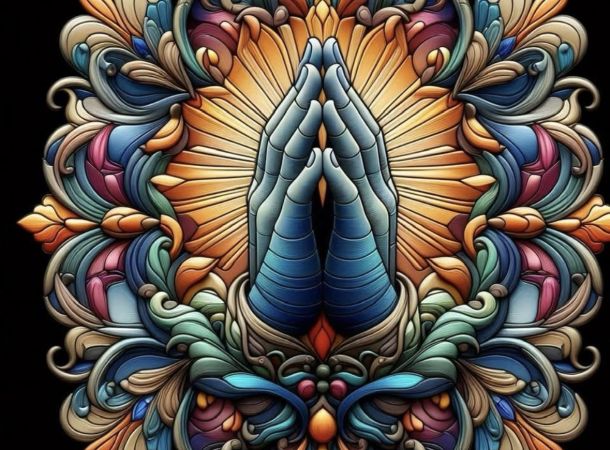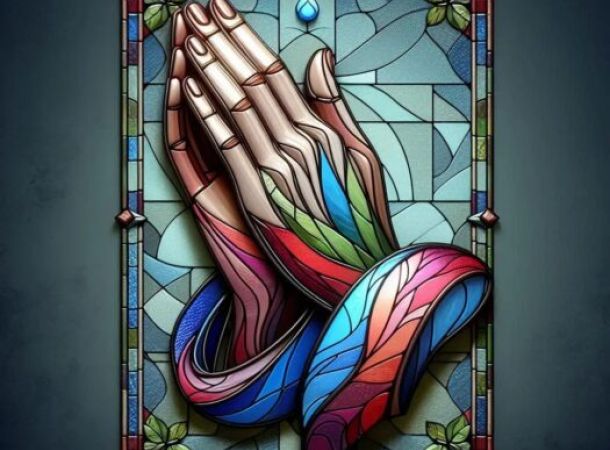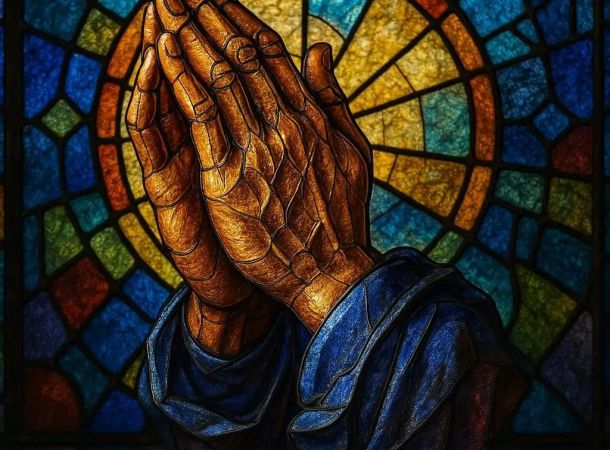Inheritance
Bamidbar is the name of the first Torah Portion in Numbers, meaning “In the Wilderness.” This book of the Torah describes the Israelites’ journey from the mountain to the Promised Land of Canaan, marked by tension, failure, forgiveness, provision, struggle, pride, envy, deceit, doubt, hope, and a multitude of other emotions. In the wilderness, God gives the Israelites specific tasks and instructions on how to travel and coexist within the larger community. Essentially, the Holy One creates healthy boundaries. Then, Moses, as the leader of the gang, “lifts the head” of each man within the age range to join the army. To lift the head means to count and attribute value to each individual. Finally, each tribal family aligns under a banner or a sign, of which there are twelve total, organized strategically around the Tabernacle.
Numbers 1:2-3: Take a census (lift the heads) of all the congregation of the children of Israel, by their families, by their fathers’ houses, according to the number of names, every male individually, from twenty years old and above—all who are able to go to war in Israel. You and Aaron shall number them by their armies.
I want to discuss the banners of each tribe. The banner is an identity, a marker, a sign, a purpose, and an inheritance. An inheritance can be good or bad. In life, many believe that there is little choice outside of reacting to the cards life dealt them. This thought process is not entirely true, but there is power in inheritance. Here’s the thing: parents clear a path; they plant seeds inside their children that eventually produce fruit or consequences. Imagine a family hiking up a mountain with young children. The parents lead the pack, showing the youngsters where to step, how to rest and take breaks, and what to do when obstacles are in the pathway. The parents also clear a path by removing barriers, like boulders or branches, making it easier for the little tykes to get through. In life, the paths we clear for our children can lead to blessings or curses, life or death. We can clear a path where we make it easy for our children to follow our footsteps into deceitfulness, manipulation, stealing, cheating, violence, lust, greed, and pride. We can also clear a path to right choices laced with selflessness, love, repair, kindness, sharing, empathy, and justice. The former is an inheritance of wickedness, and the latter is an inheritance of righteousness. Does it matter what environment you are born into? Yes. Do you have to travel the path laid out for you? Not when you are of age to own your own choices.
I often tell my children, “You only inherit what you pick up and repeat.” Once you’re aware of right and wrong, you’re responsible for your actions, not for what’s been done in front of you or to you. It’s not easy to forge your own path, and that’s why many people follow the path their parents have set. But there’s hope in Yeshua. In addition to the twelve banners of each Israeli tribe, there’s another banner the Holy One sets up: the banner of love. This banner is for those who don’t have a righteous family banner to follow, who don’t have a tribe to belong to, or whose leaders have failed to lead them toward life and blessings. It’s a banner of love that we can all align ourselves under, regardless of our past or our circumstances.
Psalm 11:3: If the foundations are destroyed, what can the righteous do?
The Hebrew word for foundations is shatah and usually means “to drink.” Still, in the above verse, the word stems from the root word shatot, which figuratively defines princes, nobles, or human rulers of Ancient Near Eastern society. If the leaders of the tribes, the rulers of the people who establish righteousness and justice for the young, are destroyed or corrupt, what can the righteous do? We align ourselves under another banner. The banner of love that Yeshua established.
Song of Solomon 2:4: The SHULAMITE TO THE DAUGHTERS OF JERUSALEM, He brought me to the banqueting house, and His banner over me was love.
Yeshua led us, walking His life before us and clearing a path. We can choose to follow Him and learn how He talked and walked, what He did in conflict, how He responded to offense, and how He managed obstacles and victories. The Bible is the story of an inheritance of blessings if you want it. Some of us will have more to overcome, unlearn, and sanctify, but it is not an impossible journey. Align with, find purpose in, and walk in the identity of love. The scriptures describe Yeshua as a Prince, a King, a leader, a ruler or star, and a friend. He removed the obstacles in our journey of sin and death, but you must continually choose to walk in the path He has cleared for you. He did humanity right with humility, wisdom, and love.
Ephesians 3:17-19: So that Messiah may dwell in your hearts through faith. I pray that you, being rooted and grounded in love, may have strength to grasp with all the kedoshim (holy ones) what is the width and length and height and depth, and to know the love of Messiah which surpasses knowledge, so you may be filled up with all the fullness of God.




Leave a Reply